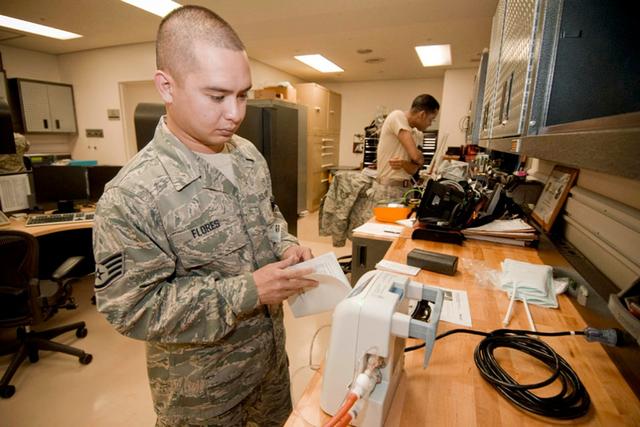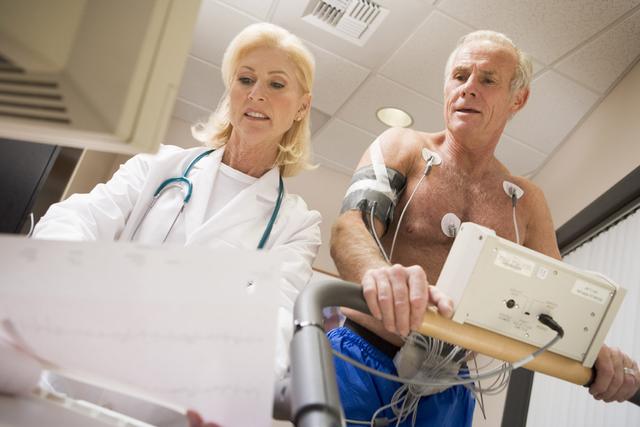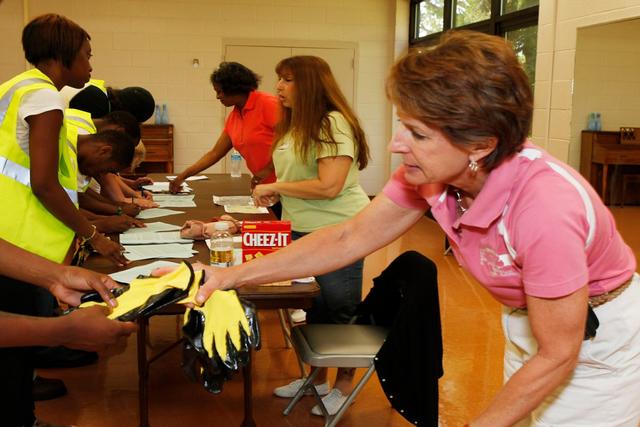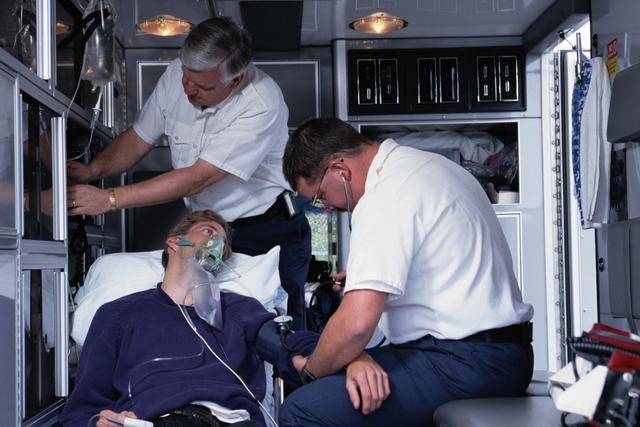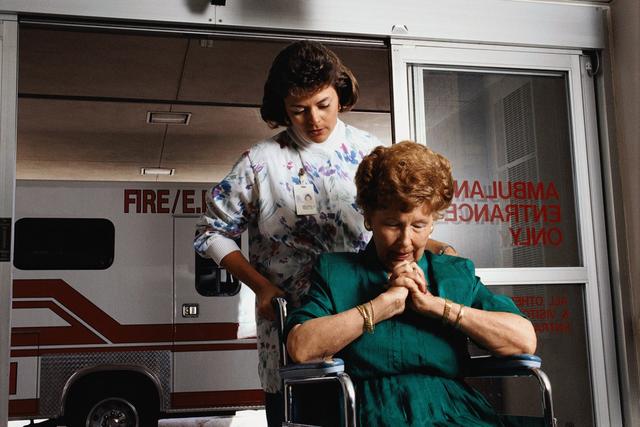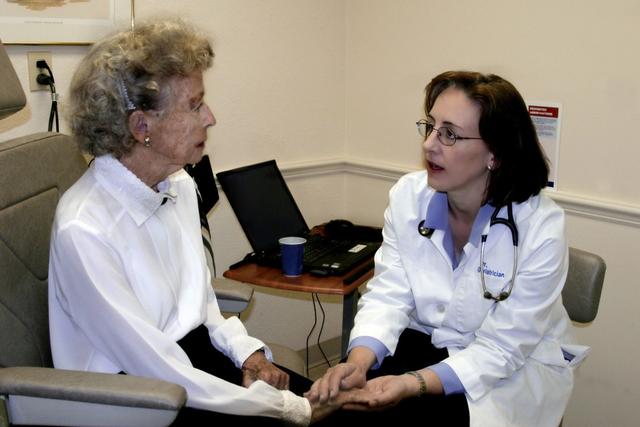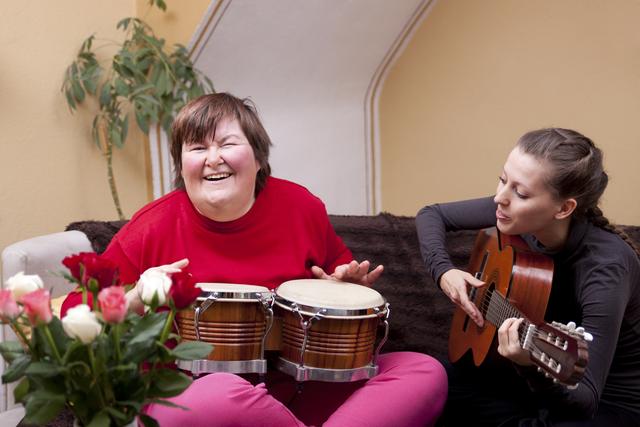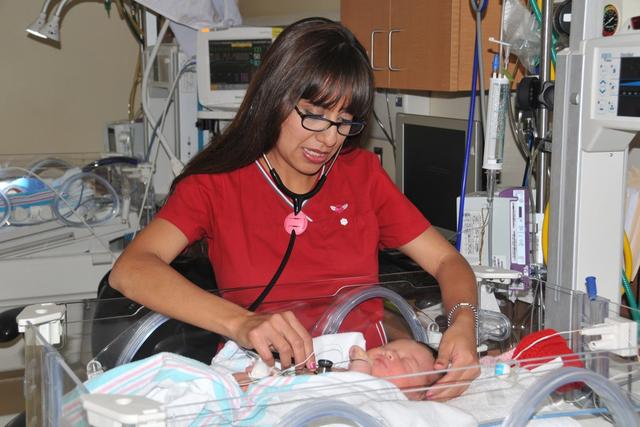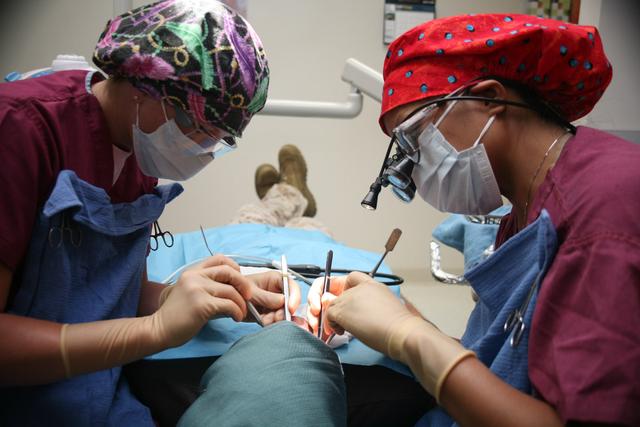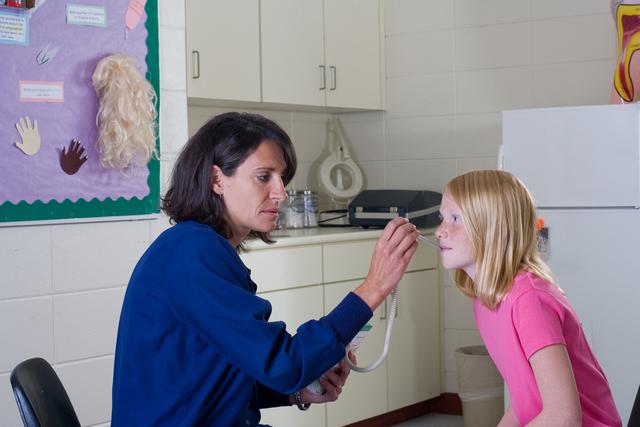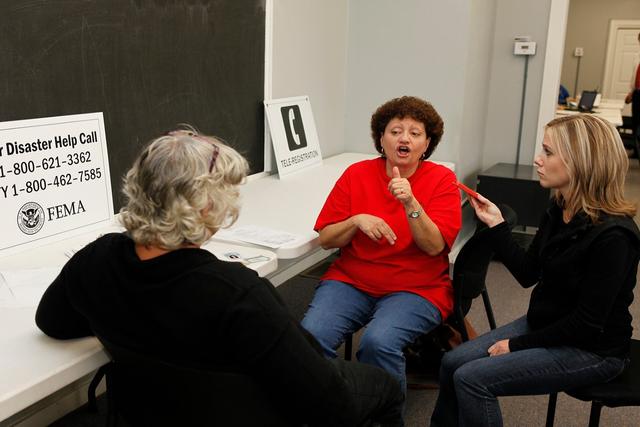Geriatric Psychiatrists
Overview

Introduction
Geriatric psychiatrists are physicians who attend to elderly patients mental, emotional, and behavioral symptoms. They treat older patients who may suffer from dementia or depression or have other mental illnesses, and employ different methods to help them function better in their daily lives. For example, geriatric psychiatrists may prescribe medicine, including tranquilizers, antipsychotics, and antidepressants, to help their patients feel better. The medication may also be combined with another therapeutic approach, such as talk ...
Quick Facts
Median Salary
Employment Prospects
Minimum Education Level
Experience
Skills
Personality Traits
Earnings
Like other physicians, psychiatrists average income is among the highest of all professionals. Psychiatrists earnings are determined by their experience, number of patients, location, and type of practice.
The average salary for geriatric psychiatrists employed in the United States in December 2024 was $192,683, according to ZipRecruiter.com Salaries ranged from $35,000 or less to $251,5...
Work Environment
Geriatric psychiatrists in private practice set their own schedules and usually work regular hours. While other kinds of psychiatrists are likely to work some evenings or weekends to accommodate patients who have jobs, geriatric psychiatrists patients typically have fairly open daytime schedules. Some geriatric psychiatrists work as few as 35 to 40 hours a week; others might work as many as 70....
Outlook
The Department of Labor predicts much faster than average employment growth for psychiatrists through 2033. Opportunities for geriatric psychiatrists both in private practice and in salaried positions will be excellent. The demand for psychiatrists serving seniors is high. Approximately 14 percent of adults aged 60 and over worldwide suffer from a mental disorder, according to the World Health ...






